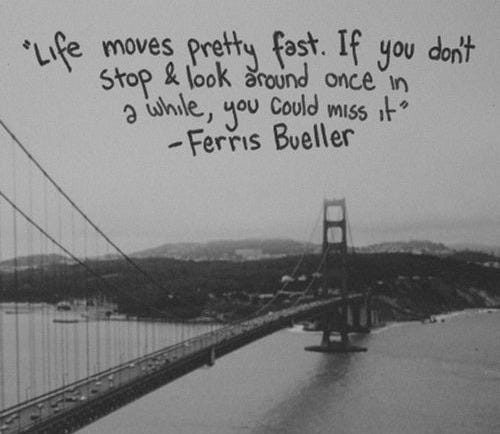I stumbled across Talha Anjum's Heartbreak Kid recently, and honestly, it stopped me in my tracks. His lyrics are always raw and unfiltered, but this song feels like something else—a rare gem that tugs at your emotions and leaves you in a reflective haze.
The lines:
Mere ghar mein ab ek kamra khaali bhi hai
Wahan se ab hosh hata di gayi hai
(Now there’s an empty room in my house
Where consciousness has been taken away.)
...set the tone for a deep dive into loss, emptiness, and the echoes of what once was. It’s not just about heartbreak in the romantic sense; it’s about life itself, the spaces people leave behind, and the memories that linger.
One line that completely shattered me was:
Ek yaar jiske ghar pe maa hi nahi,
Ek mein jo ghar pe raat tha hi nahi.
(One friend, whose house has no mother,
Another whose home never felt like home at night.)
It’s such a simple yet heart-wrenching contrast. On one hand, it reflects the deep loss of a mother—an absence so profound that no words can truly capture it. On the other hand, it portrays the reality of someone who was never truly present in their own home. It’s a reflection on how loss and absence can take on entirely different forms yet hurt just the same.
While listening to this, I found myself thinking about how much we, as humans, focus on the bigger picture, often neglecting the beauty of the present. We chase dreams, possessions, and success, but once we have them all, our hearts often yearn for the simplicity we left behind.
Take this verse for instance:
Jo mujh pe beeti woh koi baat hi nahi hai
Judayi mein bhi kuch wafa ke takazay
Ke aib pe parde uthate nahi hein
(What happened to me doesn’t even matter,
In separation too, there are demands of loyalty
That no one raises the curtain on flaws.)
These lines hit me like a wave. They speak to a kind of quiet endurance, of pain we never voice but carry nonetheless. The mention of wafa ke takazay made me think about loyalty in heartbreak and the dignity in letting some wounds remain unspoken.
Another line that stood out to me was:
Par zindagi bas ek rawani ka naam
Mere gaane sab jawani ke naam.
(But life is just the name of a current
All my songs are dedicated to youth.)
These words hit differently because they’re a reminder of how life never stops for anyone. It’s always in motion, flowing like a relentless river, carrying us along even when we’re not ready to move forward. It’s easy to get so caught up in the rush that we don’t realize how much time has passed or how much we’ve changed.
It reminded me of a quote I heard in a movie once:
"Life moves pretty fast. If you don't stop and look around once in a while, you could miss it."
Talha Anjum’s Heartbreak Kid feels like a poetic echo of this idea. He reminds us that life doesn’t wait for anyone. It moves forward, whether or not we’re ready, often without us realizing how far we’ve come or what we’ve left behind.
It also made me reflect on the beauty of experiencing art in my own native language—Urdu. There’s something profoundly special about hearing emotions articulated in the language of your soul, with words and expressions that carry cultural depth and nuances no translation can fully capture. Talha’s ability to use Urdu to evoke such complex emotions is a testament to how powerful and timeless our language truly is.
Listening to this song literally made me pause—even in the middle of mundane tasks like doing math (yes, that’s where I was when I heard this). It reminded me that memories, both painful and beautiful, are what truly stay with us. It’s the smaller moments, the fleeting simplicities, that we miss the most when they’re gone.
I feel like this song is not just a reflection of Talha Anjum’s growth as an artist but also a mirror to our own humanity. In the end, Heartbreak Kid reminds us that the spaces people leave behind are not always empty; they’re filled with lessons, reflections, and sometimes, a longing for simpler times.
I should really be studying right now, but I thought I’d write this at 3 AM in the morning just to honor good art. Hehe.
If you haven’t heard this song yet, do yourself a favor—find a quiet moment, plug in your headphones, and let it sink in. You might just find yourself reflecting on your own journey, like I did.





only anjum can make me comment